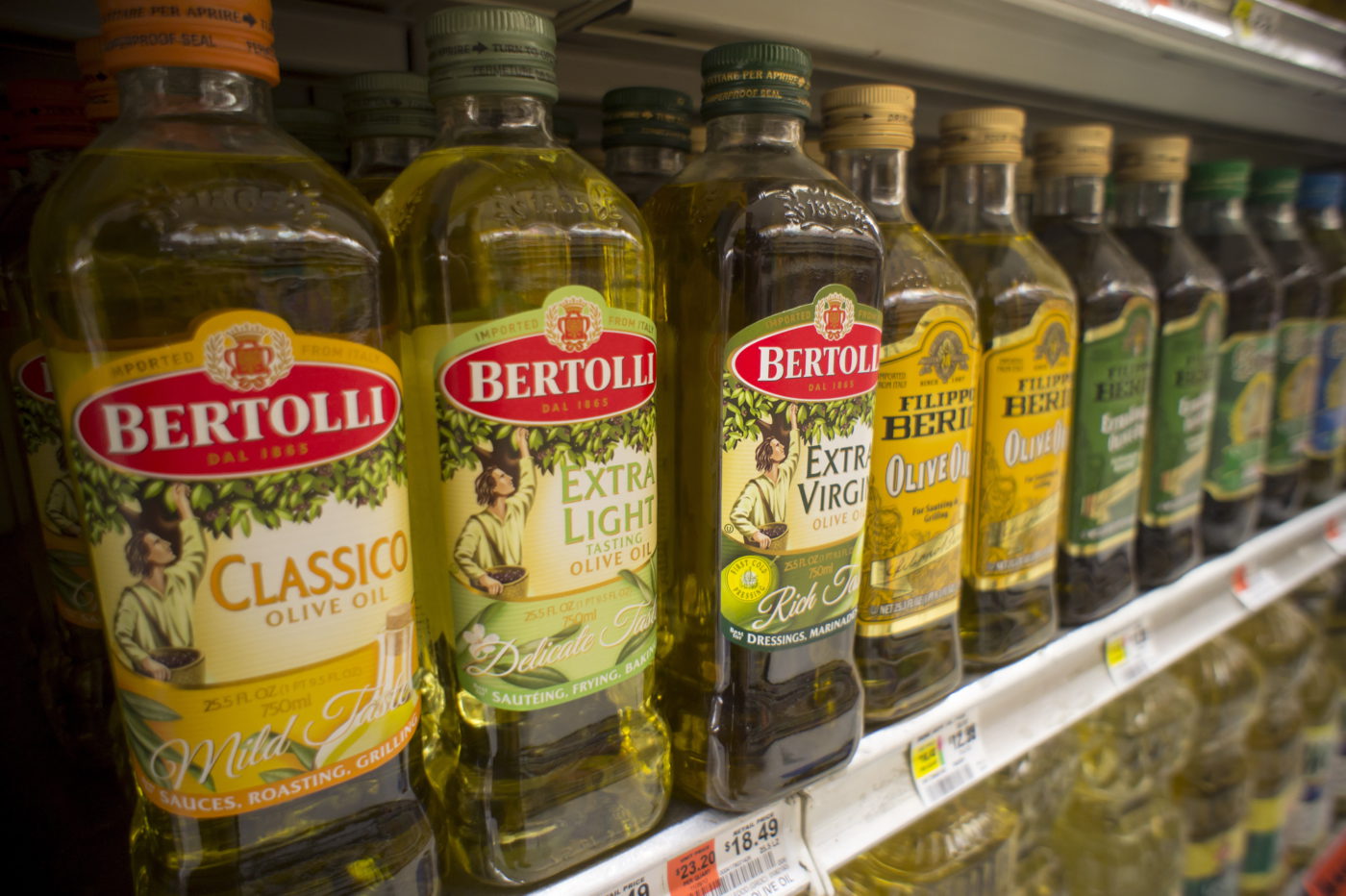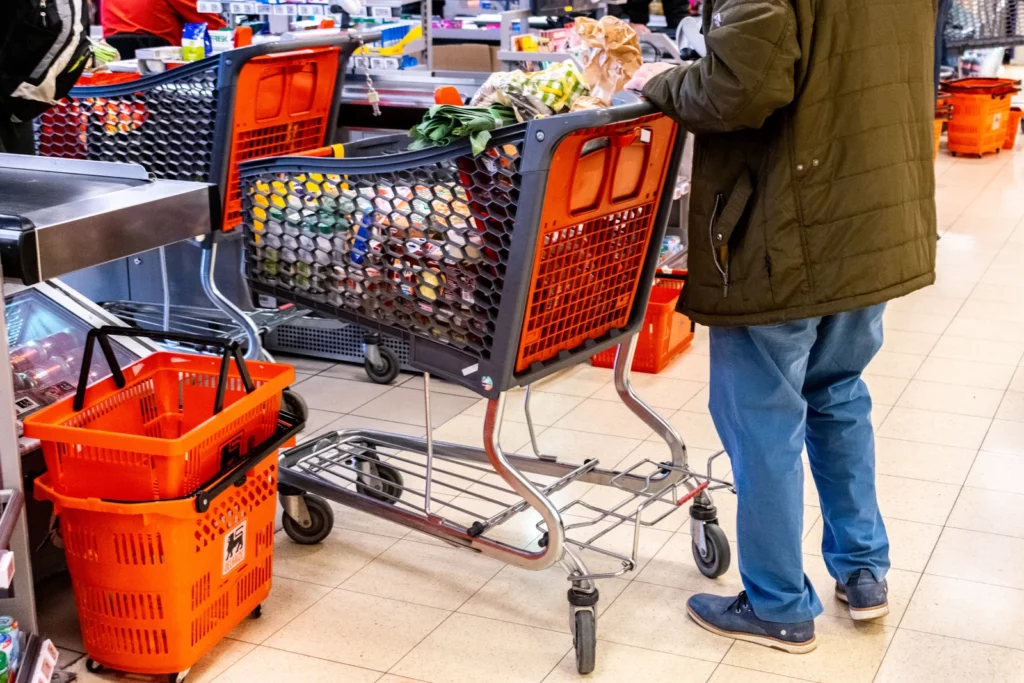Food prices in Belgium are still almost a third higher than they were before the inflationary crisis began three years ago.
Consumers are currently dealing with higher grocery inflation than neighbouring France, Luxembourg and the Netherlands, according to a study based on Eurostat data by the IESEG School of Management as of October 2024.
Average food prices in Belgium are 27% higher than they were in October 2021 (just before inflation started to rise rapidly across Europe).
This is higher than neighbours Luxembourg (+21.4%), France (+22.9%) and the Netherlands (+24.9%), although food inflation in Belgium is still slightly lower than in Germany (+31%).
Across all eurozone countries, Finland has seen the slowest growth in food prices over the three years (+20.1%), while the largest average price increase has been seen in Slovakia (+45.2%).
Eric Dor, director for economic studies at IESEG, explains that the 27% rise in Belgian food prices are due to a mix of global and national factors.
"The international context is well known and explains why food prices, but also other types of goods, have much increased in all countries. Everything started with the consequences of the lockdown crisis that deeply disturbed the supply chain all over the world, as well as the activity of harbours. Therefore there were shortages of many commodities, which led to increases in their prices," he told The Brussels Times.
Supply chain issues fuelled inflation, which was then exacerbated by the Russian invasion of Ukraine, as a loss of supply of cheap Russian gas led to a surge in energy prices.
"This surge in energy prices strongly increased the production cost of fertilisers and transport costs. As a result, the prices of consumer food items increased further," Dor explained.
Looking at national factors leading to food inflation, Dor said that Belgium experienced some of the highest increases in gas and electricity prices among European countries, "therefore the cost of production, transport and distribution increased very strongly in Belgium, compared to some other countries like France".
He added that the wage indexation scheme in Belgium has also contributed to higher grocery prices.
"The reaction of wages to rising inflation was quicker in Belgium than in most other countries. The rise in wages reinforced the surge in production, transport and distribution costs, explaining why retail prices increased so much," he said.
Biggest increase for olive oil
Olive oil has seen the biggest price spike in the past three years, with the average price in Belgium having now more than doubled (+100.6%) in price compared to October 2021.
The IESEG notes that the rise in olive oil prices has been "extremely high" in Belgium, and higher than the increase in neighbouring Luxembourg (+68%), France (+78.4%), the Netherlands (+81.3%) and Germany (+99.4%).

Credit: Belga
It has been highlighted that following a stronger harvest this year, olive oil prices globally should soon start to fall.
The second highest price rise was for potatoes, which have risen by 48.3% in cost over three years, followed in third place by the average price of eggs which has risen by 42.1%.
Over the weekend, farmers unions highlighted that the price of eggs is skyrocketing, partly due to a bird flu outbreak in the US, and also due to stricter rules in Belgium around nitrogen and animal welfare.
Other products which have seen notable price increases over the past three years include butter (+40.9%), preserved milk (+39.9%), margarine (+38.9%), other oils (+37.3%), sugar (+35.4%), certain vegetables (+35.3%) and flour (+35%).
The smallest increase in food prices in Belgium between October 2021 and October 2024 was recorded for dried fruit and nuts, at 7.2%.

